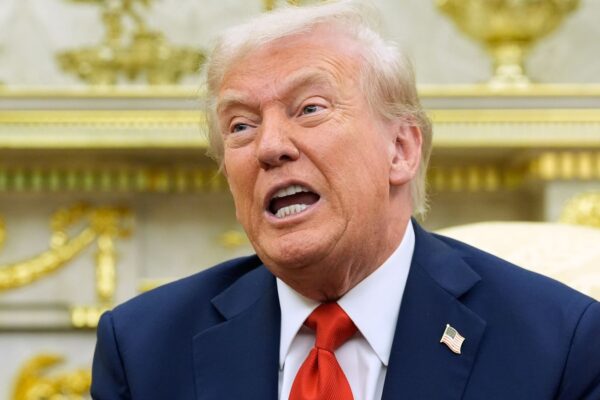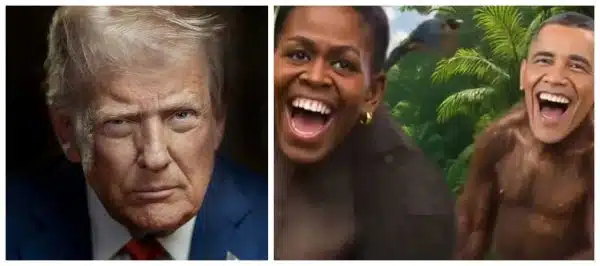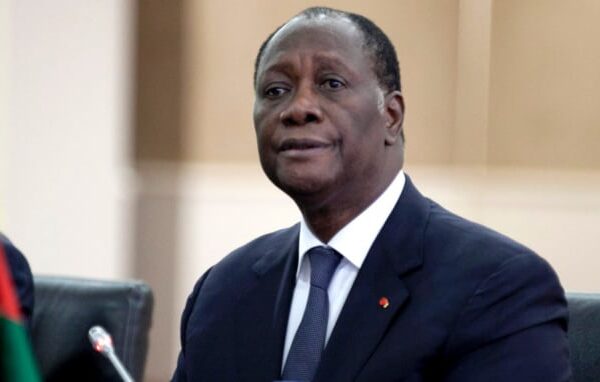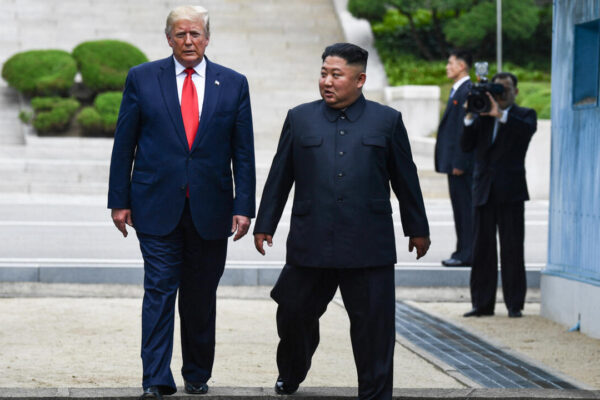
Trump Directs Pentagon To Restart US Nuclear Weapons Testing After 33-Year Pause
Donald Trump has ordered the Pentagon to resume nuclear weapons testing in the United States, marking a major shift in U.S. defense policy after more than three decades of restraint. In a post on his social media platform, Trump said he had instructed the “Department of War” to begin testing American nuclear weapons “on an equal basis” with other global powers, stating that the process would start immediately. Reports from Reuters and The Guardian indicate that the directive is intended to ensure the U.S. keeps pace with Russia and China in nuclear capability. However, the specifics of the order remain unclear—whether it involves full-scale explosive tests or limited, non-explosive assessments such as missile launches or subcritical experiments. The U.S. has not conducted an explosive nuclear test since 1992, maintaining a voluntary moratorium observed by successive administrations. Trump’s move has sparked debate among defense analysts and international observers, who warn it could escalate global nuclear tensions. As of now, no date or location has been confirmed for the proposed tests, and the Department of Defense has yet to issue detailed guidance on implementation.







